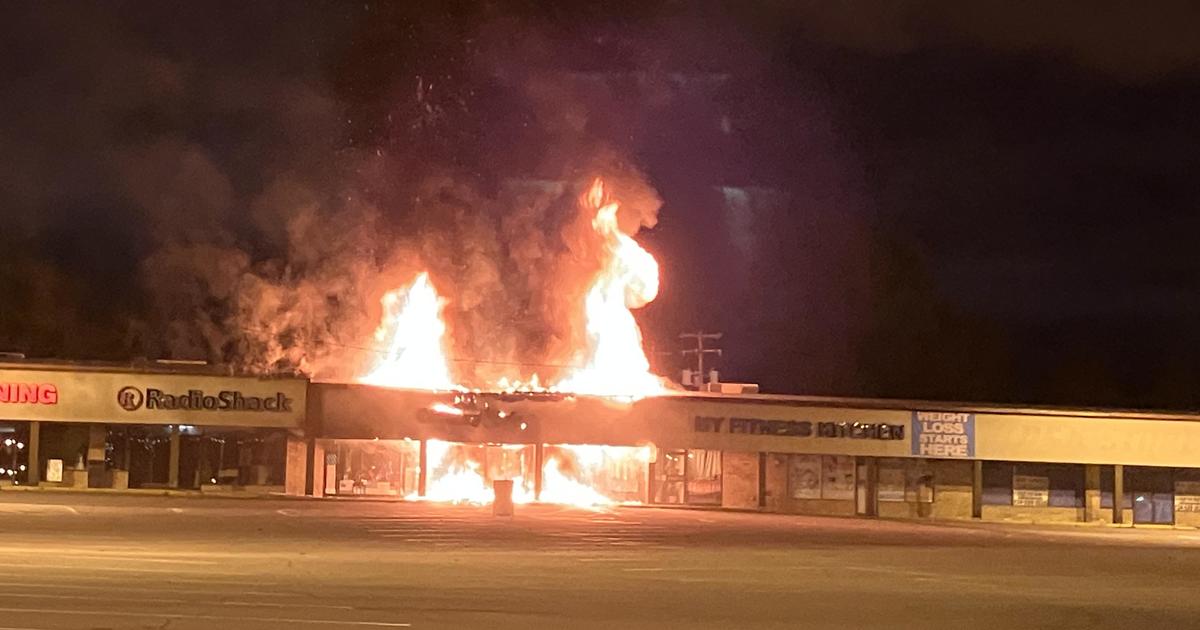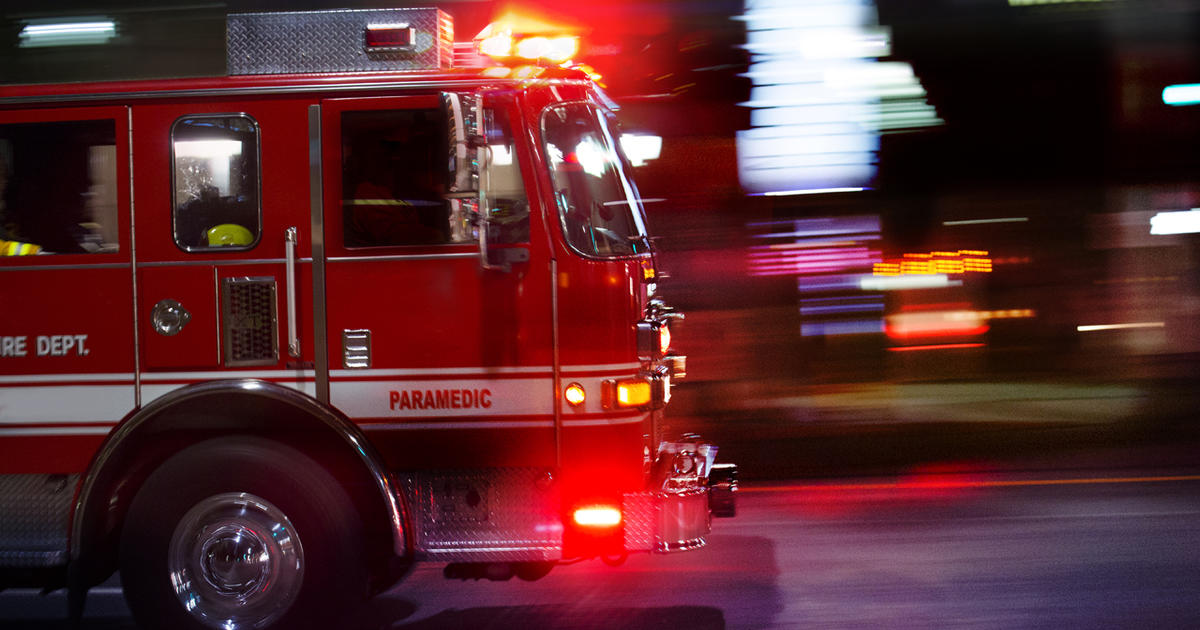Many Military Veterans Dealing With ALS
PITTSBURGH (KDKA) -- Soldiers face a lot of danger.
One that many don't expect is Lou Gehrig's Disease -- amyotrophic lateral sclerosis or ALS.
"I joined the Marines right out of high school. I was an airplane mechanic," says veteran Mike Testa. "ALS never crossed my mind," he admits. "Truthfully, I didn't know what ALS was."
Testa, 29, served from 2004 to 2006, seven of those months in Iraq. Then, trouble in 2010.
"I started having trouble with my left hand. I couldn't straighten out my fingers," he describes. "I was ignoring it, and it was getting worse."
"We have about 260-some persons that we serve in western Pennsylvania with ALS, and there are over 30 of those persons right now who are veterans," says Merritt Holland Spier, the executive director of the local chapter of the ALS Association.
With ALS, the nerve cells that control movement in the spinal cord and brain break down. The muscles shrink and weaken. Eventually, all the muscles become paralyzed. No one knows why the illness happens, and there is no cure.
"Military veterans are twice as likely to get ALS, and I think for the most part, it makes them angry," Spier continues.
It typically affects people in their 60s and 70s. When it started appearing in veterans in their 30s and 40s, this was out of the ordinary. Researchers started looking for patterns.
"The risk was actually very similar across different branches, and it was actually very similar among veterans who served in Korean conflict, in Vietnam, and in more recent conflicts, and some who weren't deployed anywhere," says Dr. Sasa Zivkovic, a neurologist specializing in ALS at the Veterans Administration Hospital.
Is it chemicals, infection or other exposures? Despite the military pattern, nothing has turned up as a definite cause. The increased risk is even seen among professional soccer players.
"We are talking about young men who are both physically active and spend a lot of time outside," Dr. Zivkovic points out.
As the disease progresses, people with ALS need a lot of special help.
"Medical equipment, transportation, home care, respite care, speech generating devices, and all of that can add up to about $250,000 a year," says Spier. "They need their benefits quickly, and that has happened for military veterans. So that is one wish of ours that has come true."
ALS eventually affects the breathing muscles. Typically, three to five years after diagnosis, the disease is fatal.
"Tying your shoes, and putting clothes on, cooking, all that, I need help with basically everything," says Mike. "I'm hoping that the increased attention would spark the DoD to do more research."
RELATED LINKS:
More Health News
More Reports from Dr. Maria Simbra



